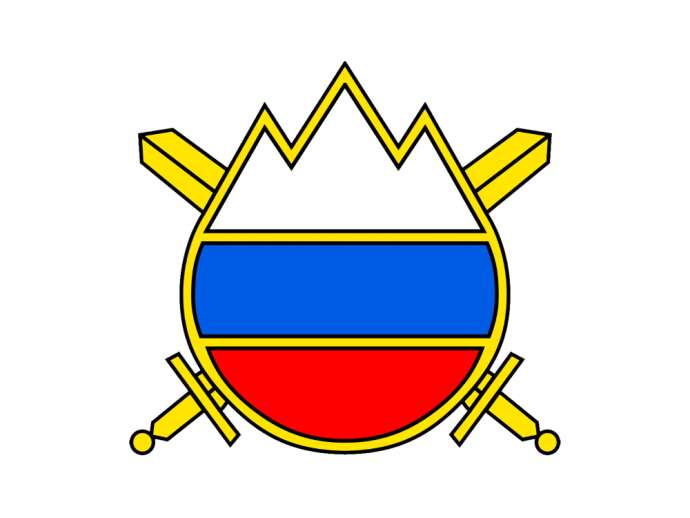STA, 14 February 2019 - Defence Minister Karl Erjavec expects Slovenia to increase defence spending in 2020 and 2021. "A step forward has been made, but I have high expectations when it comes to the budget for 2020 and 2021. That one will define how serious we are about modernising the Slovenian Armed Forces," he said in Brussels on Thursday.
Erjavec made the comments after a two-day NATO ministerial discussing the implementation of three key goals: for the allies to increase defence spending to 2% of GDP by 2024, to allocate 20% of their defence budgets for capability development, and to increase their contributions to missions and operations.
The plan submitted by Slovenia to NATO does not project defence expenditure increase to 2% of GDP by 2024. Unofficial information has it that the target will also not be met by Denmark, the Netherlands, Belgium, Luxembourg, Italy and Spain.
Slovenia's defence expenditure for this year is planned at 1.1% of GDP; the figure is currently at 1.05%. It is to increase to 1.5% by 2024, Erjavec noted, adding that this was the promise made to NATO Secretary General Jens Stoltenberg as he visited Ljubljana last year.
Erjavec is satisfied to have achieved a step forward in raising defence spending in a minority government whose partner in the opposition doe not favour such an increase, but he is aware the increase is not ideal. So he expects much from the budget for 2020 and 2021.
When it comes to the defence budget's structure, Slovenia currently allocates 4.5% of its defence budget for investment, a far cry from the 20% target.
Erjaves said it was important to increase the spending, but even more important to boost defence capabilities in order to be more resilient to new security challenges, and to buy dual-use equipment. He mentioned the planned purchase of helicopters that would also be used for emergency aid.
He said that the pay rise deal agreed with public sector trade unions also affected the defence budget "slowing down our desire to earmark more defence expenditure for investment".
He expects the mid-term defence plan to provide more detailed answers, but he did mention plans for procurement of troop equipment and for enhancing investment in military infrastructure, outdated army barracks and training grounds, as well as investing in making the army profession more attractive.
Commenting on delays in the procurement of eight-wheeled armoured personnel carriers, the minister said that the case had been put off and that he would like for a tactical study to be conducted to respond to questions as to how build a battalion-size battlegroup.
Erjavec also commented on Chief of the General Staff Alenka Ermenc's comment yesterday that the increase in funding in the supplementary budget for the year would not allow for the army's development breakthrough or for marked improvement in its readiness.
Erjavec said the army's readiness assessment for wartime action for 2018 would likely be negative again, because it could not be otherwise as things did not change overnight.
The supplementary budget itself was not any major step in modernising the force but without the extra EUR 40m for salaries this would have undermined the budget funds for material costs, which should not happened, he said.
When it comes to the implementation of NATO's mission and operations contribution target, Slovenia ranks among the top seven allied countries.






